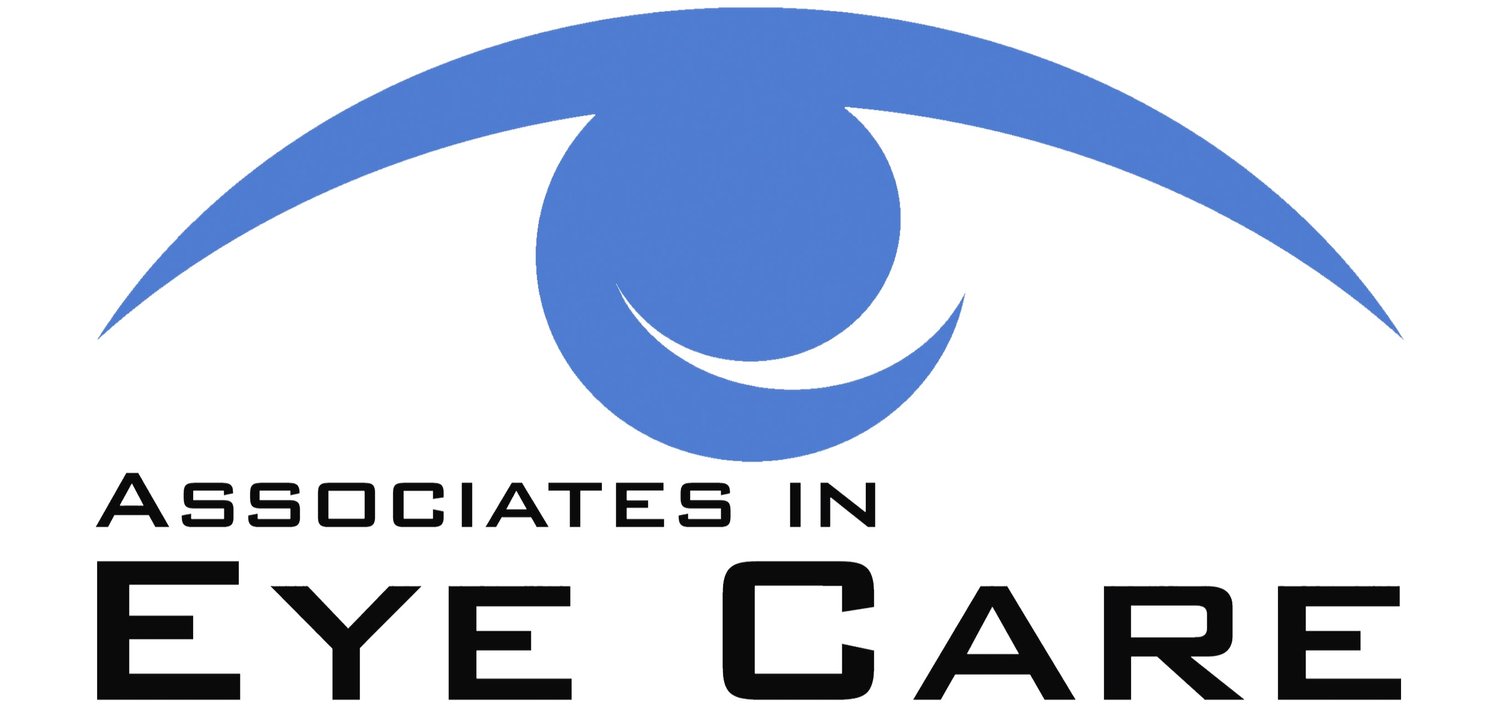FAQs
EYE EXAMS
-
Yes, our optometrists do accept walk-ins. However, availability will vary at each location. In order to guarantee the best patient experience, we recommend calling your local office to check the current availability of walk-in appointments.
-
No, sunglasses can be purchased without RX. You can also bring in your RX from somewhere else and we will make your custom glasses.
-
An eye exam is a series of tests to evaluate your vision to determine the need for glasses or contacts. Other tests assess your eye health and for eye disease.
-
We recommend that everyone over the age of five have a complete eye exam every year. If you’re experiencing eye discomfort, vision loss, or blurry vision, you should schedule an eye exam even if your last eye exam was less than a year ago.
-
Our doctors recommend that every child have their first eye exam by an eye doctor before they start school. If parents notice vision problems before, make sure to schedule an appointment with one of our trusted doctors. Your child should have an eye exam every 12 months.
-
The retina is the cellophane-thick layer in the back of the eye composed of rods and cones that is responsible for sending light images to the brain for processing what we experience as vision. Retinal photos allow your doctor to evaluate your retina the day of your exam and furthermore document its appearance for comparison at subsequent exams. This is crucial to maintaining lifelong vision health.
-
Yes, you will most likely be dilated during your visit with us. This allows our professionals to accurately view the inside of your eyes for a more helpful and effective exam.
-
This test checks to see if the intraocular pressure in the eye is within the normal range. A raised intraocular pressure can indicate a problem such as Glaucoma. We use an NCT or an Icare Tonometer to check the pressure of the eye. This is a quick and painless way to check the pressure. No more “air puff tests” at any of our locations.
-
If your vision has changed in a sudden or dramatic way, there is a reason for it. While many of these reasons are benign, some reasons are sight-threatening. Please call us IMMEDIATELY, especially if you are experiencing any of the following: fogginess, veils, curtains, flashes of light or floaters.
PRESCRIPTION & PAYMENT
-
This will depend on the materials you purchase, and your prescription will also determine if this is a special order. Some vision Insurance require us to use their contracted Lab and this will typically take longer than using our own in house Lab.
-
No. A contact lens evaluation is a separate set of tests from an annual eye exam. Even if you have worn contacts previously, this evaluation is a requirement every year for the issuing of a contact lens prescription.
-
There is a separate charge for a contact lens evaluation because many insurances require us to separate out the cost of a contact lens evaluation from that of an eye exam.
-
Since our glasses are custom-made to your unique prescription, we require payment at the time of purchase. We’re committed to helping you maximize your vision benefits and work directly with your vision insurance provider and FSA benefits to minimize out-of-pocket costs. And if you don’t have insurance benefits, we have a number of promotions that get you into a great-looking pair of glasses.
-
A contact lens prescription expires after 12 months.
